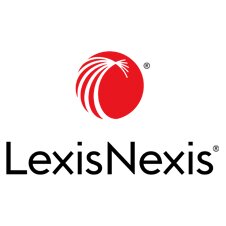Amy Simpson at LexisNexis on how software can help lawyers ensure the accuracy of their legal research
If you have ever run an internet search and remained dubious about the results, you’re not the only one. These days, it’s becoming increasingly difficult to find trusted information sources on the internet. In fact, 70% of us in the UK are concerned that what we read online is untrue.
Research has shown that it costs five times more to attract a new customer than it does to retain an existing one. With an online search, it’s almost impossible to be sure of the validity of the data you are looking at, or whether you are reading the absolute latest information. Can we, and should we, trust those free online sources with our reputation? How much time is wasted checking and validating free information? Can clients be better served by improving the research and checking process?
DON’T GO IT ALONE
Most people would agree that checking your work is important. Whether this process involves a friend reading over what you’ve written, or a colleague using tracked changes to give you their thoughts on sentence structure or style.
A second opinion makes a difference. Unfortunately, for lawyers, this process is not that straightforward. Even if the error itself appears small, the potential ramifications of a document going out referencing the wrong client, case law or sum of money, are hugely significant.
This article was first published in the November 2019 issue of LPM ‘That’s not all, folks’.



